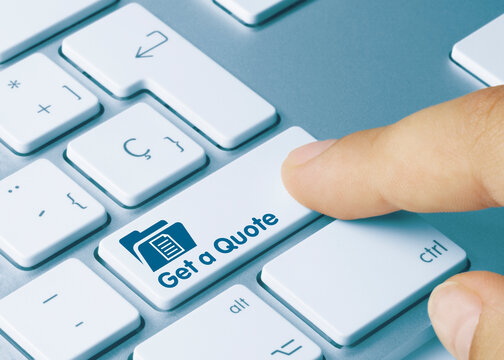
The process of getting paperwork to clients is challenaging and not easy. There’s nothing like the feeling of spreading across your desk a stack of documents that need to be dealt with, whether for your kids’ school or an insurance claim. It’s even worse when you have to get those documents signed by someone else. Paperwork is the bane of many office workers’ existence—especially if they haven’t found a way to streamline it yet. Luckily, there are tools available that can make life easier in this area, including e signature software.
Steadily replacing its paper-based counterpart
Electronic document signing is slowly but steadily replacing its paper-based counterpart. E signatures are legally binding, while paper-based signatures do not carry the same legal weight as digital ones. Using a digital signature means that you know with certainty that your documents will be signed by another party and that they represent an official agreement between both parties involved in the transaction. It is faster and more efficient than their paper-based counterparts because they enable you to sign any number of documents without having to manually log into each one separately or print out each page individually before signing it; all you have to do is click “sign” once.
Using an e signature software also saves trees by eliminating printing costs associated with printing multiple copies every time someone needs one for personal use or business purposes; however, if anyone wants a hard copy in addition to their digital counterpart then they can simply request it from within the software itself instead.
The legal equivalent of traditional signatures
Digital signatures are the legal equivalent of traditional signatures. They’re used to verify that someone has authorized a specific document. The Federal Electronic Signatures in Global and National Commerce Act (E-SIGN) was passed by Congress in 2000, making it possible for digital signatures to be legally binding in the same way that traditional handwritten signatures are.
Digital signatures are difficult to fake
Digital signatures are difficult to fake, copy nor easy to alter. The reason for this is that digital signatures use a mathematical algorithm that applies a user’s private key and public key pair together with the document’s data and creates an encrypted hash value (a unique fingerprint of sorts) based on this combination of data. This can then be used as proof that the person who encrypted it has signed it as authentic for any other party who wants access or verification of its legitimacy, all without revealing their identity or private information in doing so.
Sign any type of document or form
Electronic signatures can be used to sign any type of document or form. They are legally binding, easy to create, and secure, which makes them a cost-effective solution for companies looking to cut down on paperwork.
The benefits of electronic signatures are numerous; they include:
- The ability to sign documents instantly with just a few clicks of the mouse.
- Reduced risk of fraud due to their traceability in blockchain technology (a digital ledger).
- The ability for people worldwide who don’t speak the same language as each other – such as French-speaking Canadians collaborating with English-speaking New Yorkers – because they’ll both still understand what they’re signing.
Conclusion
At the end of the day, what matters is that e signature software can improve your work life by simplifying and securing the process of signing important documents. If you’re still not convinced, there are many options out there to choose from whether it’s for gathering approvals, approvals, or signatures for projects, e signature creation software can streamline this process. Many organizations have already gained from advanced technology used in the software that has helped their paperwork get done faster and more effectively.









